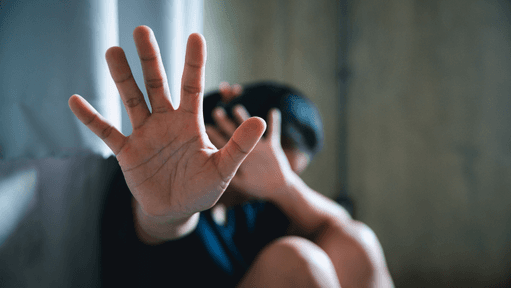
Domestic Violence in the UAE: A Guide to Legal Measures if You Face Violence
It might hurt to see people you love change for the worse, and the law should be on the side of the victims/survivors of domestic violence if that is to happen in any family, protecting the rights of children, the elderly, and vulnerable women. The UAE Law endeavours to be on the side of the oppressed, with the enaction of the Family Protection Policy and the Federal Decree Law No. 10 of 2019. This was a paradigm shift in law-making, adopting a much more progressive approach on matters relating to family. A series of legislative changes passed by the Cabinet as part of the family protection policy announced by the Prime Minister and Ruler of Dubai, His Highness Sheikh Mohammed Bin Rashid Al-Maktoum is seen as a long-awaited update of domestic violence laws.
Backdrop
In the year 2018, the year preceding the enaction of the protective laws concerning domestic violence, the recourses available to victims and the reporting of domestic violence crimes were quite inadequate. The UAE has updated its laws to recognize domestic violence as a crime, take immediate steps to prevent abuse and punish those responsible. In 2019, the UAE Government published a Family Protection Policy to Prevent Domestic Abuse, which defines domestic violence and calls for the creation of a standardized domestic violence reporting system. The new policy aims to correct behaviours that are harmful to families, children and women.
There have been a number of legislative changes to keep abusive spouses and relatives away from their partners and children. Judges and prosecutors now have the power to prevent abusive spouses from approaching their partners or children and bombarding them with phone calls and messages. New prison sentences and restrictions have been introduced to combat domestic violence and to protect families from intimidation and threats.
The family protection policy is aimed at tackling domestic violence and aims to strengthen family ties, raise awareness of domestic violence and train staff to recognise and intervene in potential threats. While introducing the policy, Dubai's ruler, His Highness Sheikh Mohammed bin Rashid Al-Maktoum stressed the purpose of the law being "prevention of family violence" and reiterated that UAE will not tolerate domestic violence.
Key Highlights of the Policy
The Family Protection Policy addresses abuse, violence and threats, where a member exceeds his or her legally permissible limits. The policy addresses multiple forms of abuse, emotional, physical and sexual, and also includes economic abuse. In fact, the policy recognises six forms of domestic violence, namely:
- physical abuse
- verbal abuse
- psychological/mental abuse
- sexual abuse
- economic/financial abuse
- negligence
This policy looks forward to linking the institutions across the nation which assists in combating domestic violence, and proposes a standardized system for reporting abuses. It seeks to build a strategy for prevention at a primary level and to build solid laws to combat domestic violence.
Furthermore, the Federal Decree-Law No. 10 of 2019, was a law issued in August of 2019 to combat Domestic Violence. A few important provisions within this law may be important to know if one is to approach the court to seek remedy for domestic violence. This law empowers the Public Prosecution Authority to issue a protection order, of its own accord or based on the victim’s request, to deter violent action and protect the victim’s body, well-being, and economic status. This is to prevent the defendant from getting to the complainant and certain specified spaces, for the protection of the complainant. It also allows the complainant to get belongings themselves or through someone else.
Article 7 of the Law provides for a protection order being issued in favour of the complainant, which can be extended twice and can be further extended with the permission of the court, for a period not exceeding 6 months. The appeal period for such matters is 7 days from the date of issue of order. If the protection order is breached, the defendant could be awarded a fine ranging across 1000 to 10000 AED and can be imprisoned for a period ranging across 3 to 6 months, under Article 8. Article 9 covers acts of physical, psychological, sexual, or material abuse, which may be punished with imprisonment not exceeding 6 months and a fine not exceeding 5000 AED, or either. However, this punishment could be doubled, using the Penal Code, if these offences are done again within the same year.
Article 10 of the Domestic Violence Law mentions the possibility of reconciliation between the parties, but does not mention the provisions of the Criminal Procedure Act. The law also refers to a provision in the Criminal Code of the United Arab Emirates, which gives the court the discretion to double the above penalty if the accused commits another act of violence within one year of the commission of the previous act. While the general provisions of the Criminal Code, such as personal injury, apply to spousal abuse, the UAE law does not specify safeguards and the responsibility of the police, courts, and other Government agencies for dealing with such abuse.
The Dubai Foundation for Women and Children is a Government-run women’s shelter that protects victims of domestic violence and provides safe houses and rehabilitation services. Social media, television and radio programmes, advertising, workshops and sponsorship hotlines raise awareness of domestic violence. The UAE is a member of the League of Arab States, which, through its Steering Committee, makes regional efforts to end violence against children.